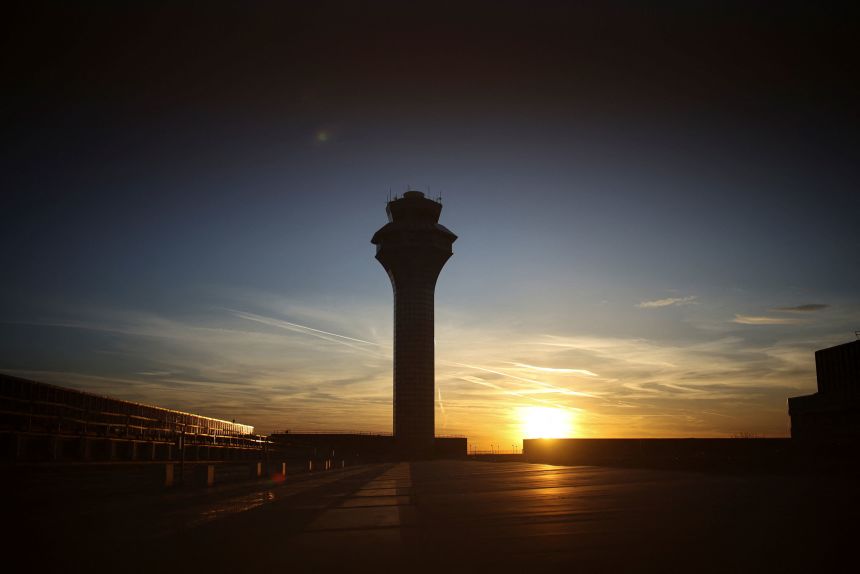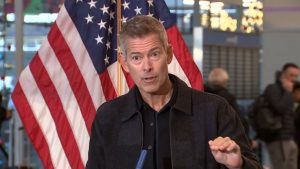The government shutdown may have made it tougher to fix the air traffic controller shortage
Key Takeaways:
- The 44-day government shutdown worsened America’s decade-long air traffic controller shortage
- Stress from unpaid work prompted early retirements and resignations
- Replacing controllers takes 2-3 years of training, making recovery difficult
The recent government shutdown has exacerbated America’s critical air traffic controller shortage, creating long-term challenges for air travel safety and efficiency. According to union leaders, the 44-day period without pay pushed many controllers to leave or retire early amid already stressful working conditions.
Staffing crisis deepens
Transportation Secretary Sean Duffy confirmed increased retirements during the shutdown, warning that the transportation department would be “stuck dealing with this problem” long after the shutdown ended. The FAA currently employs about 11,000 certified controllers but needs 3,000 more – requiring over 6,000 new hires to account for expected departures.
Nick Daniels, president of the National Air Traffic Controllers Association, told CNN that “just even losing one is too many” but couldn’t provide exact numbers of controllers lost during the shutdown period.
Training gap creates replacement challenge
Unlike President Trump’s suggestion that controllers could be “quickly replaced by true Patriots,” the reality is far more complex. Controllers require 2-3 years of training before they can oversee aircraft, and natural attrition was already nearly outpacing hiring even before the shutdown.
Daniels defended controllers who missed work during the shutdown, noting unpaid status created childcare and financial pressures that made reporting difficult. Even Duffy acknowledged these financial challenges affected attendance.
Bonus program highlights system fragility
A $10,000 FAA bonus for the 800 controllers with perfect attendance during the shutdown backfired, revealing deeper morale issues. Many controllers who took approved leave – including vacations, sick time or bereavement – felt the program devalued their contributions.
One Reddit user captured the sentiment: “It spits in the faces of the thousands of controllers who showed up every day without a paycheck… To now be told that only a small slice of us are ‘worthy’ of recognition is a betrayal.”





